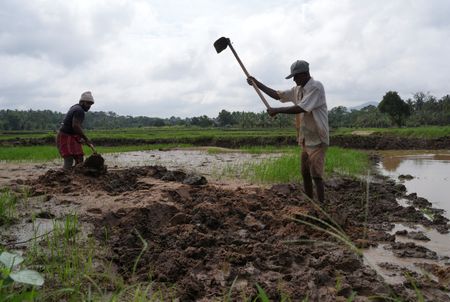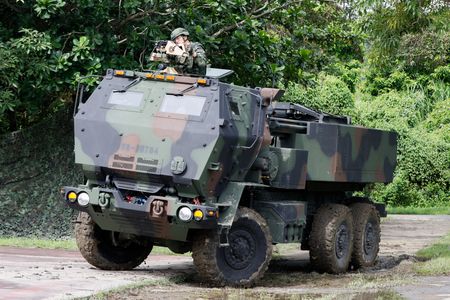DUBLIN (Reuters) – Getting an initial course of COVID-19 vaccines to unprotected groups all over the world should remain a top priority before offering booster shots to vulnerable groups, World Health Organisation (WHO) Emergency Director Mike Ryan said on Tuesday.
A major study on Tuesday found that two doses of Pfizer-BioNTech’s COVID-19 vaccine appear to have given 70% protection against hospitalisation in South Africa in recent weeks, suggesting weaker efficacy against the new Omicron variant.
Ryan said he expected the current vaccines would provide significant protection against hospitalisation and death, but that the data coming through was very preliminary and the WHO did not have enough of it yet to make a full determination.
“People are always asking should we be going for a primary vaccination or boosters, the reality is we should be doing both,” Ryan told an online event.
“We should be focusing on getting those who are unvaccinated vaccinated as quickly as possible and then being able to give booster doses to those in vulnerable groups.”
Ryan said Omicron would most likely replace Delta as the globally dominant variant over time and that governments needed to refocus on basic protective measures such as mask wearing and make sure their hospitals were ready.
Even if Omicron turns out to be a milder disease in an individual patient, there was no doubt that the rapidly rising force of infection would generate more hospitalisations in the coming weeks just by the sheer weight of numbers, he added.
“Every single health system needs to get ready,” Ryan said.
“We are going to likely to see a very large Omicron wave. We need to protect the health system, we need to protect those we love. It’s not rocket science, everyone knows how to do it.”
(Reporting by Padraic Halpin; Editing by Jon Boyle and Alex Richardson)







